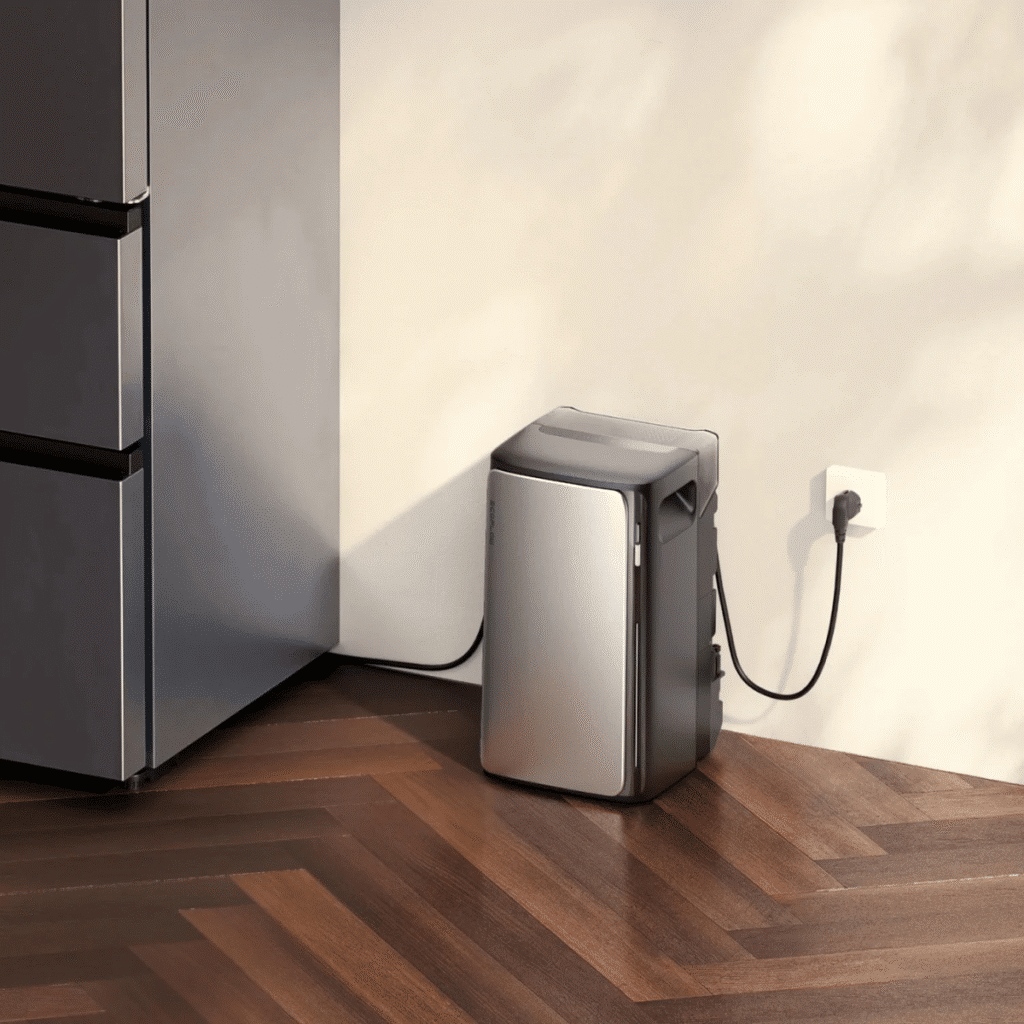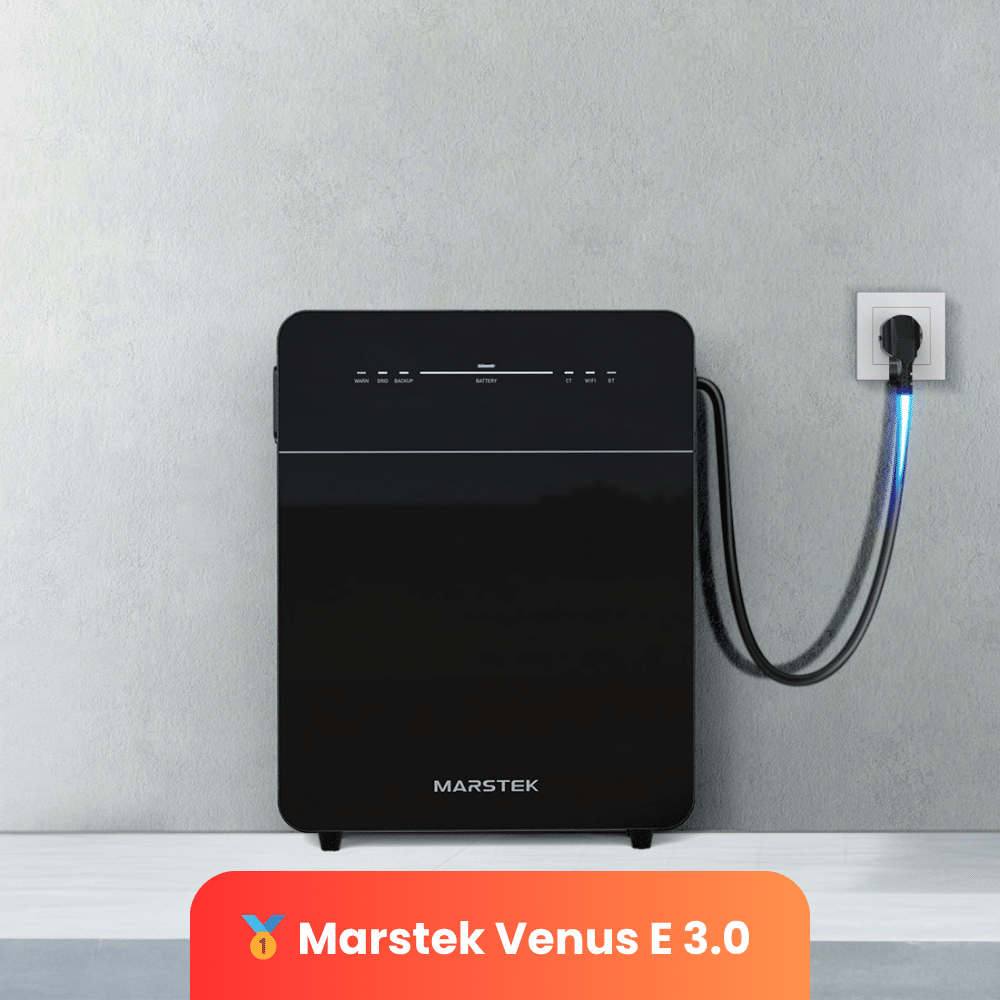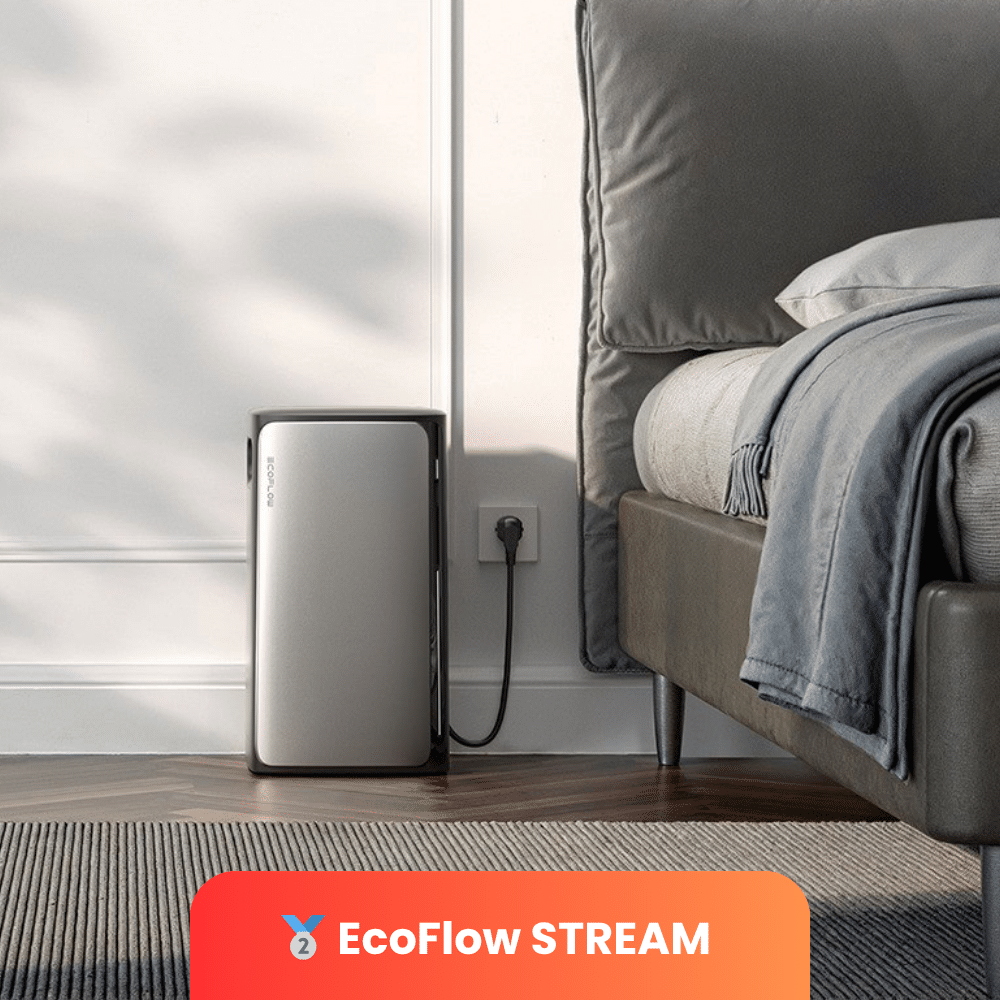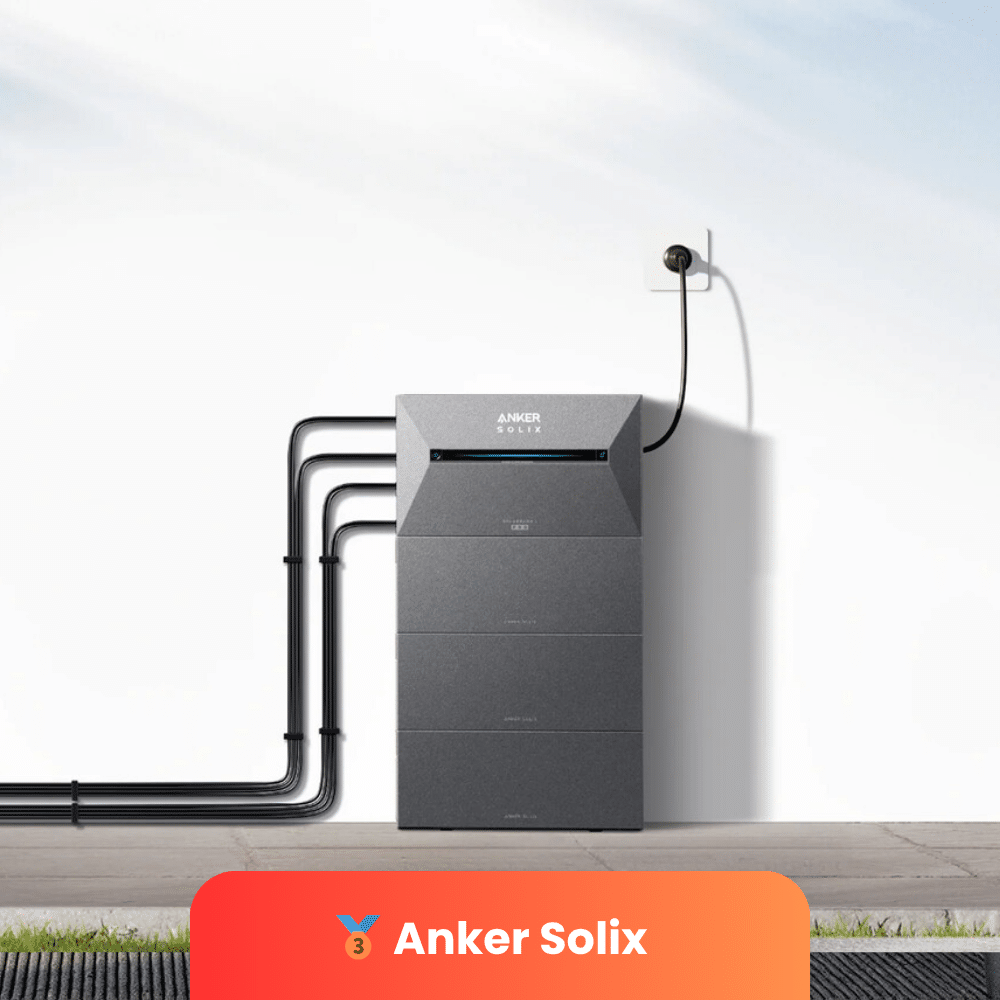Home Battery: Power Your Future
We make energy storage accessible with our wide range of affordable plug-in home batteries. With a home battery, you take control over your solar energy.
Select your region:
Buy your Home Battery
We make buying a home battery easy with our selection of best-selling energy storage systems. From compact plug-in home batteries to larger storage solutions — in our store, you’ll find the battery that fits your needs perfectly. Take control of your energy with a home battery!
The Growing Need for Energy Storage
Energy storage is becoming increasingly important as solar power grows and feed-in schemes are reduced. A home battery lets you store excess solar energy and use it later, lowering your energy costs and easing pressure on the grid. It’s a smart step toward energy independence and a more sustainable future.
At HomeBattery.com, we help homeowners take that step with confidence. Our team specializes in advising and supplying compact, plug-in home batteries that fit seamlessly into any household. By combining expert guidance with reliable products, we make energy storage simple, affordable, and accessible across Europe—empowering you to take control of your own energy future.

Meet Your Home Battery Specialists
Based in the Netherlands, HomeBattery.com specializes in advising and selling high-quality home batteries across several EU countries. We focus on compact, plug-in energy storage systems that make it easy for every household to store solar power, reduce energy costs, and gain more independence from the grid.
Our mission is to make smart energy storage accessible, simple, and future-proof.




